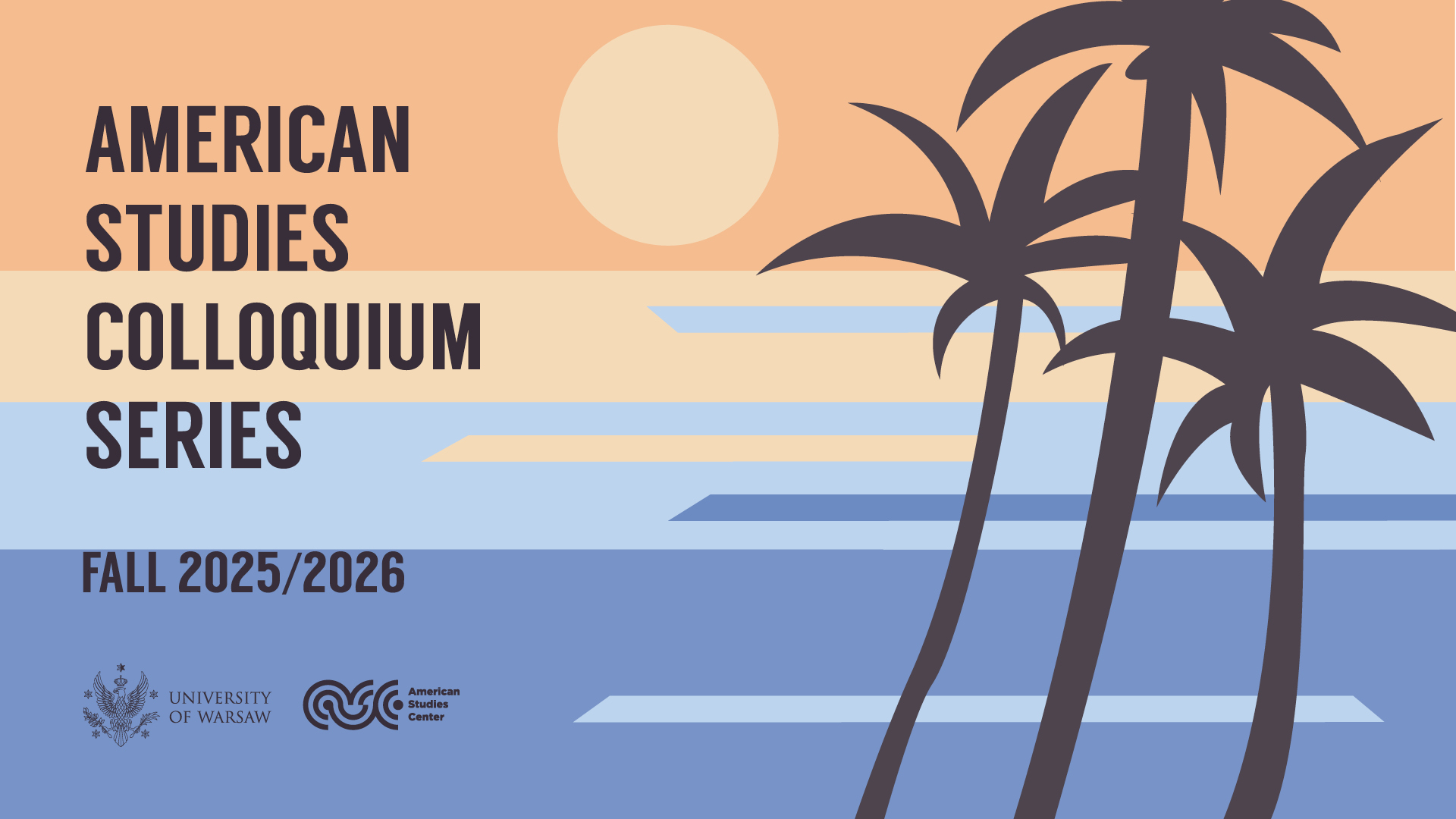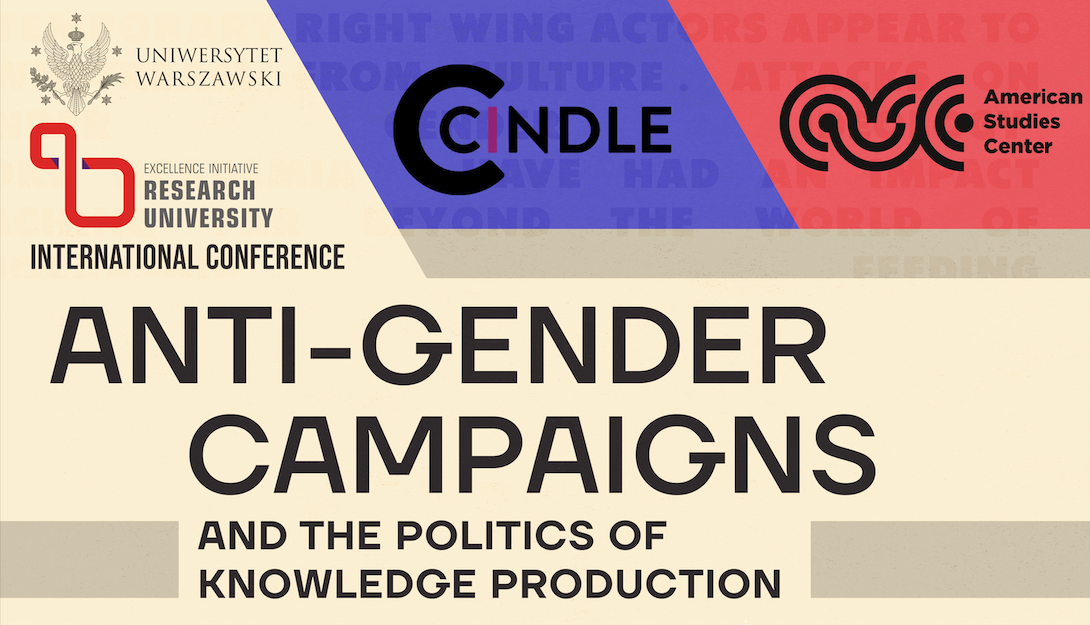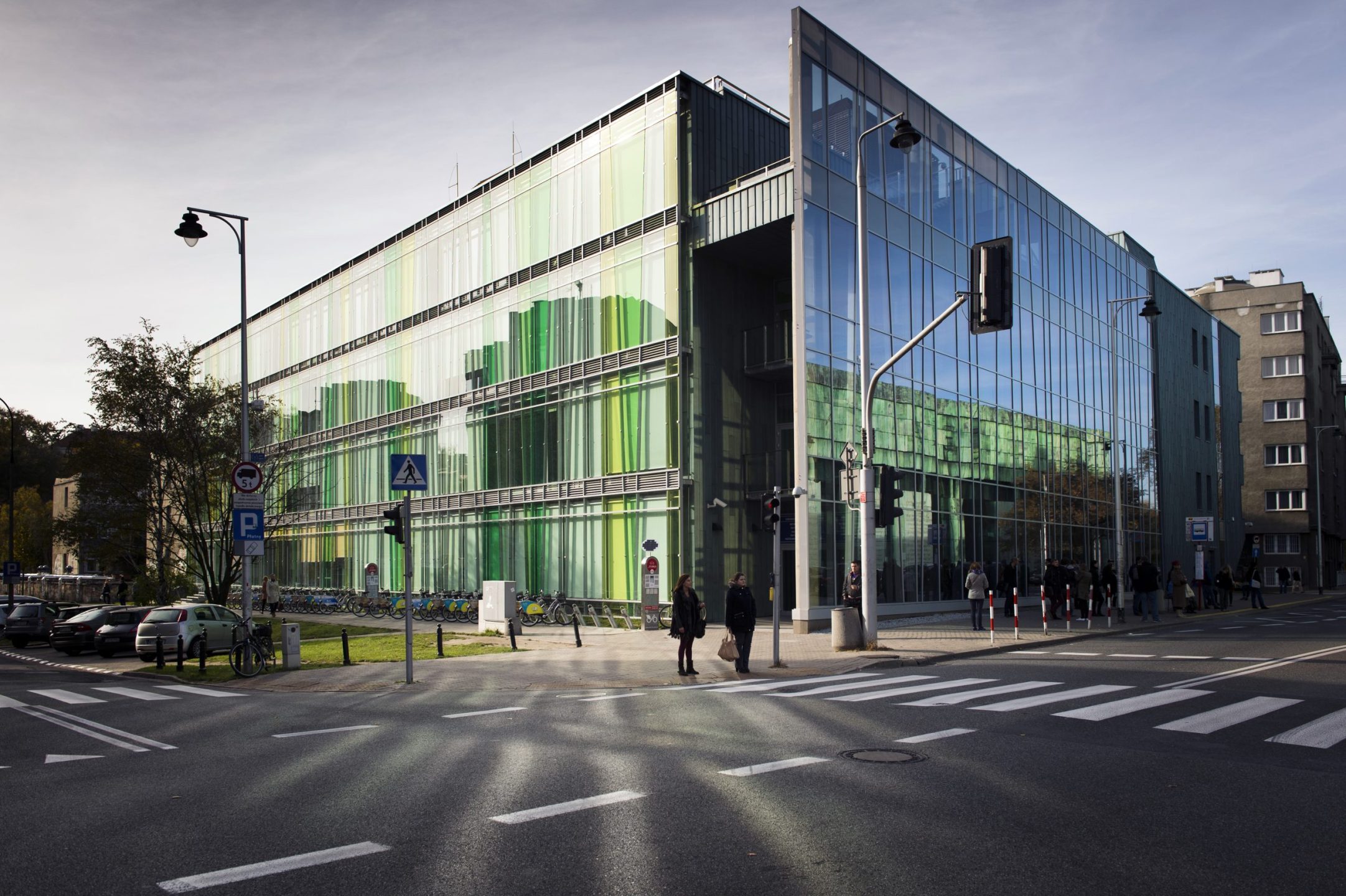Registration for Erasmus+ exchange in the year 2023/2024 has just started. It will last until February 26, 2023.
As a ASC student, you may spend up to two semesters in one study-cycle (both BA and MA) studying abroad.
Here is how to apply in five simple steps:
1) Go to section Student Exchange Program on our website.
See the FAQ section to find out if you’re eligible and when is the best time to apply.
2) Choose your destination.
Take a look at the list of universities that offer places for the ASC students within the Erasmus+ agreement. This year, we’re offering 16 spots at universities in 9 different countries.
3) Do your research.
Choose your desired place and discover what it has to offer. Visit the university website and learn about the courses it offers for exchange students.
4) Have you decided?
Time to apply! Do it via USOS until February 26.
5) Off you go!
Spend up to one year studying abroad and making memories to last a lifetime.




